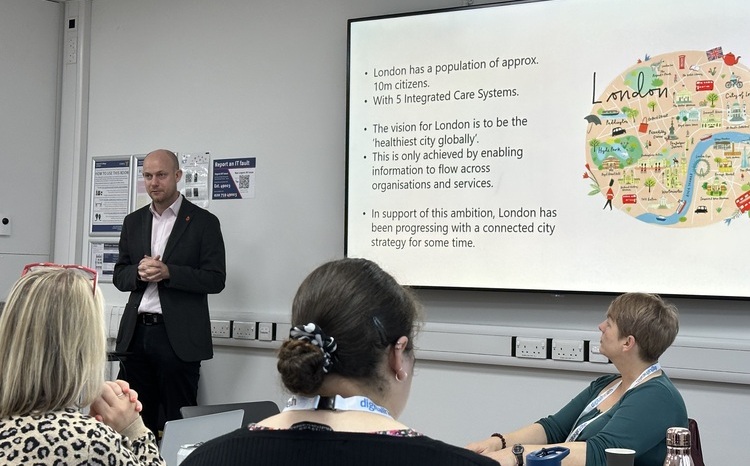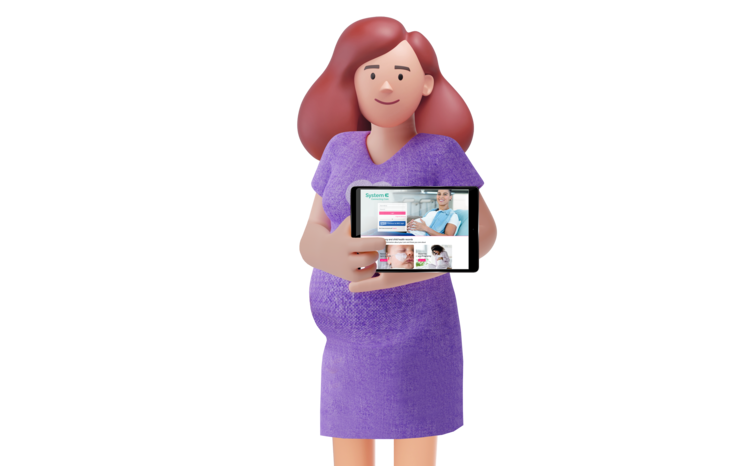Integration to improve newborn testing
- 20 November 2007
.jpg) |
The NHS Newborn Hearing Screening Programme (NHSP) will soon be able to automatically import data from screening devices into a central database, with the aid of InterSystems’ Ensemble integration platform.
The NHSP has been using the eScreener Plus (eSP) system from Northgate Information Solutions since 2003 as a database for England’s 182 NHS maternity trusts to input data on newborns from birth. Compulsory hearing screening tests are usually taken before a mother is discharged from a hospital.
Ensemble will be used to enable data to be fed directly to the eSP from the 2,400 pieces of hearing test equipment located at 182 NHS trusts. This will remove the need for manual importing or duplicate entry, leading to improved data quality and simplified processes.
Integrating the systems in this way should help the NHSP to avoid difficulties with duplicate entries and some data going missing from the system.
NHSP’s head of communication and IT, Nick Waddell, told E-Health Insider: “One of the big problems in the past has been the actual test equipment which the baby is screened with hasn’t been able to integrate its test results fully with eSP, relying on manual input, and this caused some problems.
“There have been clinical instances where data has got lost and in some cases, data has been changed by screeners, either accidentally or on purpose. We wanted a system which would introduce safe clinical governance, securely storing data automatically, which cannot be tampered with unnecessarily.”
The new arrangement will enable the eSP to interface with these devices and automatically feed the data collected to the system, eliminating the need for manual data entry.
InterSystems’s business development manager for healthcare, Nick Hanson, told EHI: “Ultimately it will integrate the data from hearing test devices and collate it into the system automatically. This rapid integration will mean that clinicians can easily access data to the system, without the need to manually type results and doing away with any errors or duplication errors experienced with the old system. HL7 templating will mean it is compatible with the NHS Spine.”
The system is currently in testing phase and will be ready for testing at NHSP by the end of December, with the NHSP scheduled to sign-off the Ensemble link at the end of January 2008.
NHSP say once they are satisfied with the system, they will pilot the Ensemble engine with specially designed new devices in four local services sites, comprising 10 PCTs, over a six week period in February or March 2008.
Pending a successful outcome, initial new devices will be rolled out from April, and this will continue as a phased deployment over the next two to three years. Only the new devices will be able to integrate with the Ensemble platform.
Northgate’s healthcare director, Andy Gordon-Jones, told EHI: “We have been working with NHSP on eSP since 2003 and wanted to help them be able to get and keep information much quicker than they are currently experiencing. The addition of Ensemble will mean data is of a much higher quality, and there will be fewer chances of things being missed or duplication of data.
“eSP already integrates with the NHS number system and in the future we want it to integrate with the Spine. Work has already begun on this and so we know that without quick and high quality data, we cannot follow up this integration, hence why we are excited to see this addition to this highly successful system.”
NHSP has worked closely with Connecting for Health to ensure that all hospitals and PCTS can securely transfer data over the N3 network. Community based screening will also be able to use the system securely transferring data over a special high-security portable modem.
Gordon-Jones added: “Hearing impairment and deafness can now be identified in children within the first few months of birth rather than at three years of age. The improvements we are delivering to eSP will further support the provision of an efficient and effective screening process, responsive to the needs of families.”
Links
Northgate Information Solutions
NHS Newborn Hearing Screening Programme
Joe Fernandez




